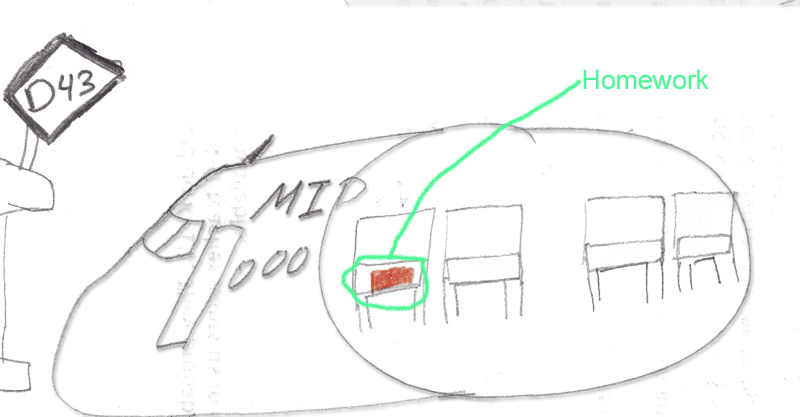For all that has been written and said about Hillary Clinton’s epic collapse in the Democratic primaries, one issue still nags. Everybody knows what happened. But we still don’t have a clear picture of how it happened, or why.
The after-battle assessments in the major newspapers and newsweeklies generally agreed on the big picture: the campaign was not prepared for a lengthy fight; it had an insufficient delegate operation; it squandered vast sums of money; and the candidate herself evinced a paralyzing schizophrenia—one day a shots-’n’-beers brawler, the next a Hallmark Channel mom. Through it all, her staff feuded and bickered, while her husband distracted. But as a journalistic exercise, the “campaign obit” is inherently flawed, reflecting the viewpoints of those closest to the press rather than empirical truth.
More from James Fallows.

